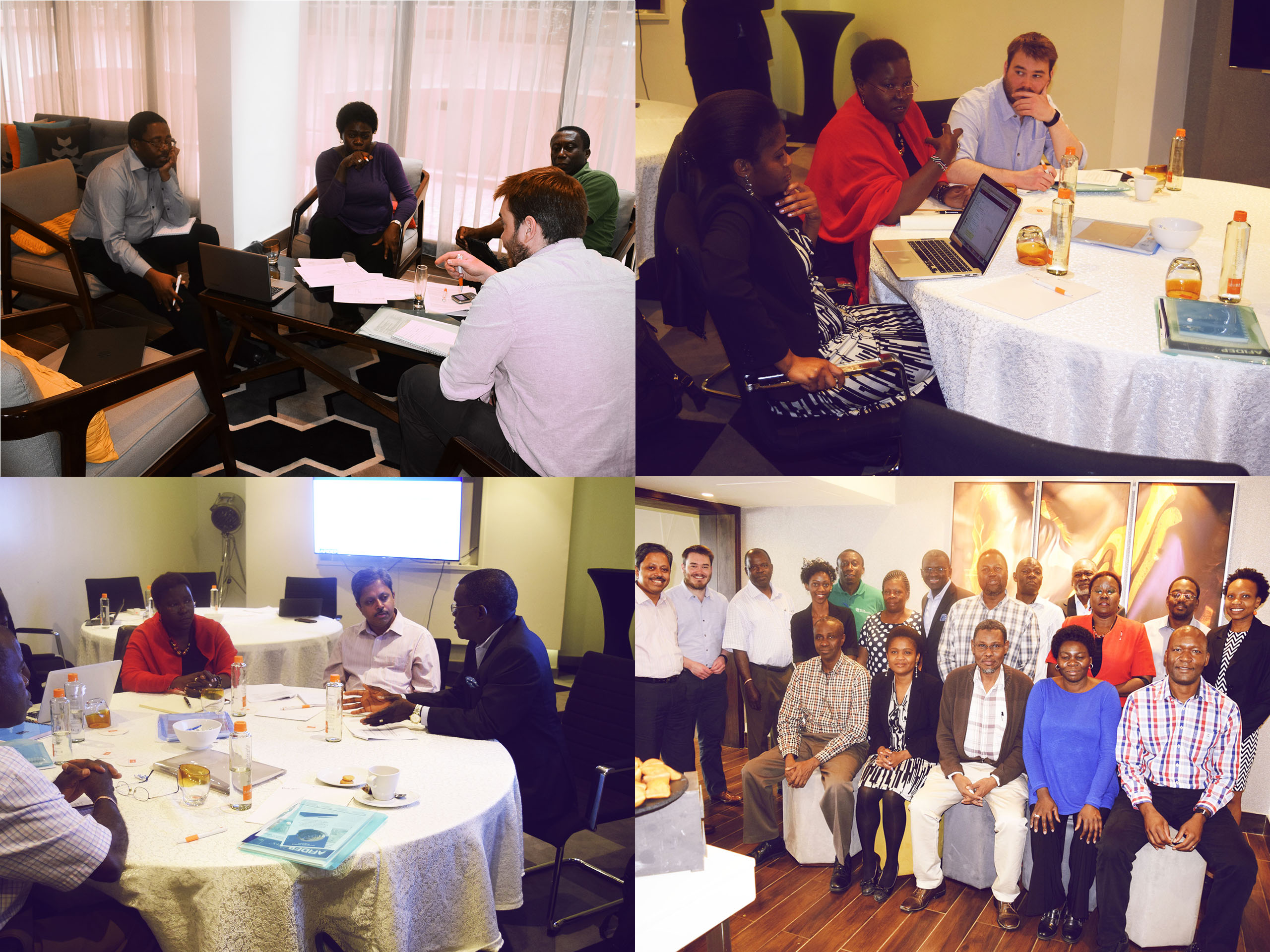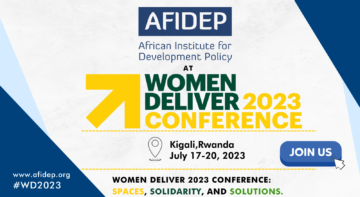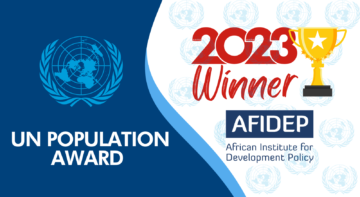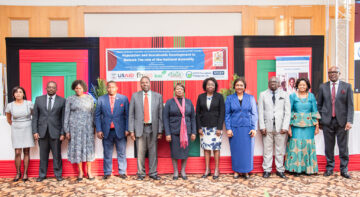News

Population and development experts drawn from across the globe and technical staff from AFIDEP participated in a meeting whose objective was to review existing demographic dividend (DD) modelling tools. The meeting also aimed to explore the need and possibility of developing an “African model” to estimate the potential DD that countries can earn with the right mix of policy investments. It was held in Nairobi between May 29th and 31st, 2016, and came up with a roadmap template to guide African countries committed to harnessing the DD.
This initiative is part of AFIDEP’s Evidence for Development (Evi4Dev) Project that is supported by the William and Flora Hewlett Foundation.
The demographic dividend refers to the accelerated economic growth that is initiated by a rapid decline in fertility and mortality that results in change in the age structure from one dominated by child dependents to one dominated by economically productive working age adults. Earning the dividend is not automatic and depends on countries strengthening five key pillars of socio-economic development namely: health, education, family planning, economic reforms and governance.
Among the models reviewed were the DemDiv model developed by the Health Policy Project that is supported by the United States Agency for International Development (USAID); and the National Transfer Accounts (NTA) Economic Lifecycle model created by the Center for the Economics and Demography of Aging, University of California at Berkeley and the East-West Center. The meeting also discusses the Microsimulation models and the Linkage model that have also been applied in DD work globally.
According to Prof. Nyovani Madise, Professor of Demography and Social Statistics at the University of Southampton, the meeting aimed to tackle three key issues. The first was to determine how relevant each of the existing DD models is to the African context with a view to eventually developing an “African model”. The second was to ensure that whichever African model that might emerge, it would be versatile enough to capture unique socio-economic contexts of respective countries; while the third was to develop a template for developing country-specific roadmaps for harnessing DD.
“There is tremendous opportunity for Africa to harness DD. The challenge however is that countries will need to put good policies in place and to have good governance and accountability. They have to ensure that key sectors such as education, health and the labour markets are well supported, which is not easy,” said Prof. Sabu Padmadas, the Co-Director of the Centre for Global Health, Population, Poverty & Policy (GHP3) at the University of Southampton, United Kingdom at the sidelines of the meeting.
In his view, governments need to invest more in family planning and do this in tandem with promotion of education with emphasis on female education. These are complementary processes because educated women marry late and end up having fewer children, hence lowering fertility rates.
Participants at the meeting included international experts in the fields of demography, development economics, education, public health, environment and climate change. They were drawn from universities, research institutions, policy think-tanks, and governments.
AFIDEP is in the process of finalizing the meeting report that will soon be shared with all participants and disseminated to a wider audience of DD stakeholders in Africa. AFIDEP will also refine the DD roadmap template agreed upon at the meeting and use it to support countries in the region in their efforts to craft national DD roadmaps.
Related Posts





